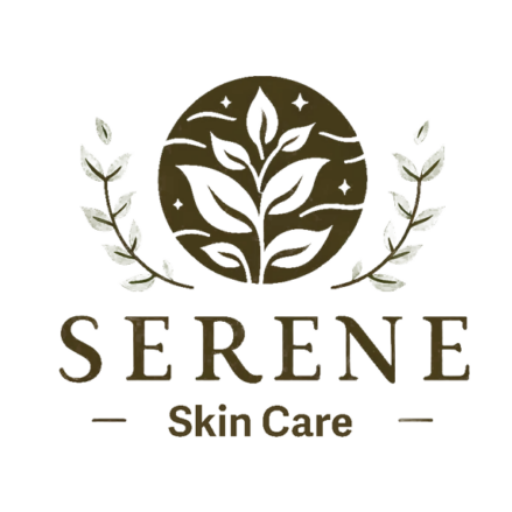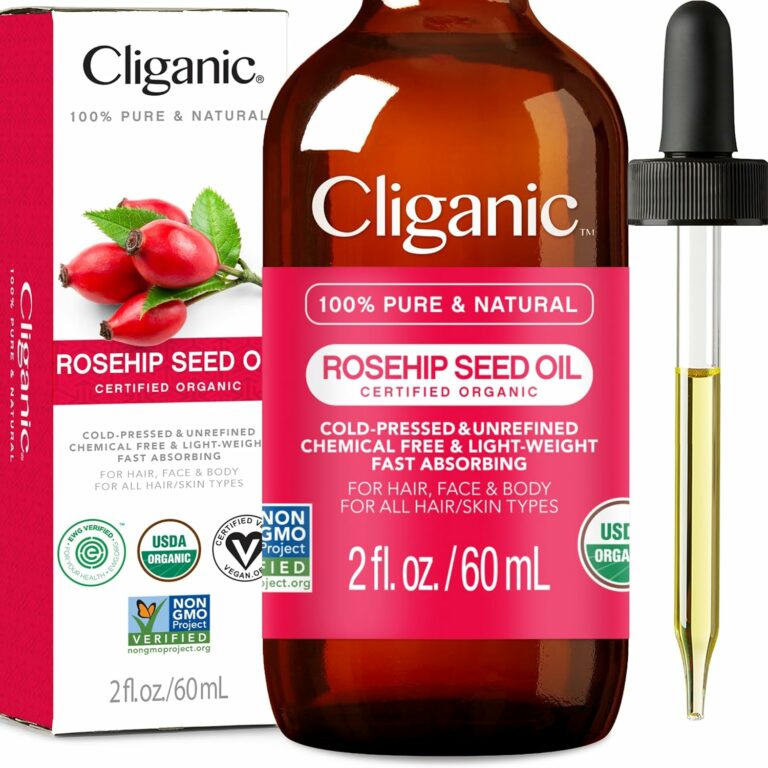In the world of skincare, ethical considerations have become increasingly important. With the rise of conscious consumerism, the demand for vegan and cruelty-free products has skyrocketed. People are not only concerned about the impact of their skincare choices on their own health, but also on the environment and on animal welfare. This article explores the growing popularity of vegan and cruelty-free trends in the skincare industry, discussing the reasons behind this shift and the potential benefits these ethical choices can bring.
The Importance of Ethical Considerations in Skincare
Skincare has become an essential part of our daily routines, with consumers constantly seeking products that can improve their skin’s health and appearance. However, as the beauty industry continues to evolve, so does the importance of ethical considerations in skincare. Understanding the impact of our skincare choices, from the ingredients used to the environmental footprint left behind, is crucial in creating a sustainable and compassionate future for both ourselves and the planet.
Understanding the Impact of Your Skincare Choices
Every decision we make as consumers has consequences, and the same holds true for our skincare choices. The ingredients used in skincare products can have far-reaching effects, not only on our skin but also on the environment. Harsh chemicals and toxins found in many conventional skincare products can cause long-term damage to our health and ecosystem. By opting for ethical skincare, we can make a positive impact on our bodies and surroundings, ensuring that our choices align with our values and the greater good.
The Rise of Ethical Consumerism in the Beauty Industry
Over the past decade, there has been a significant shift in consumer behavior towards ethical consumerism. People are increasingly conscious of the impact their consumption habits have on the world and are actively seeking out products that align with their values. This change in mindset has not gone unnoticed in the beauty industry, with many brands now under pressure to adapt their practices and cater to the growing demand for ethical skincare. The rise of ethical consumerism presents an opportunity for consumers to drive change within the industry and make a meaningful impact through their purchasing power.
The Connection Between Ethics and Skincare
Ethics and skincare are deeply intertwined. Our skin is our largest organ, and what we put on it matters. Ethics in skincare encompasses various aspects, including cruelty-free testing, the use of animal-derived ingredients, environmental sustainability, and transparency in labeling practices. By examining these ethical considerations, consumers can make informed decisions about the products they use, ensuring that they are both effective and aligned with their personal values. Ultimately, when ethics and skincare go hand in hand, it leads to a more conscious and compassionate approach to beauty.
Vegan Skincare: A Compassionate Choice
Defining Vegan Skincare
Vegan skincare refers to products that are free from animal-derived ingredients. It is a compassionate and ethical choice for those who wish to avoid supporting animal exploitation in any form. Vegan skincare products are formulated without the use of ingredients such as beeswax, lanolin, collagen, or carmine. Instead, they rely on plant-based and synthetic alternatives to provide nourishment and benefits to the skin.
Avoiding Animal-Derived Ingredients
The use of animal-derived ingredients in skincare has long been a topic of concern for ethical consumers. Often, these ingredients are obtained through practices that harm animals, such as the extraction of oils from animal fat or the harvesting of animal byproducts. By choosing vegan skincare, individuals can avoid contributing to animal suffering and can promote a more compassionate and cruelty-free approach to beauty.
Benefits of Vegan Skincare Products
In addition to the ethical considerations, vegan skincare products offer several benefits for the skin and overall well-being. Plant-based ingredients are often rich in vitamins, antioxidants, and essential fatty acids, which can provide numerous benefits to the skin, such as hydration, increased elasticity, and a more youthful appearance. Vegan skincare is also less likely to cause allergies or skin sensitivities since many animal-derived ingredients can be irritants for some individuals.
Challenges and Limitations of Vegan Skincare
While Vegan skincare has gained considerable popularity, it does come with certain challenges and limitations. Formulating products without animal-derived ingredients can be more complex, as many traditional skincare formulations rely on these components for their unique properties. As a result, vegan skincare products may sometimes have limitations in terms of texture, performance, or availability. Additionally, it can be difficult for consumers to identify which skincare products are truly vegan due to the lack of standardized labeling in the industry. Overcoming these challenges requires a commitment from both brands and consumers to prioritize and support the growth of vegan skincare options.
Cruelty-Free Skincare: Empowering Consumers
Understanding Cruelty-Free Certification
Cruelty-free skincare refers to products that are not tested on animals at any stage of product development. However, claims of cruelty-free can sometimes be misleading, as there is no universal definition or regulation of the term. To ensure the authenticity of cruelty-free claims, it is essential to look for certifications from reputable organizations such as Leaping Bunny or PETA’s Beauty Without Bunnies program. These certifications provide consumers with peace of mind, knowing that the products they use have undergone rigorous testing to guarantee their cruelty-free status.
The Consequences of Animal Testing
Animal testing in the beauty industry has drawn significant criticism over the years due to its ethical implications. The practice inherently involves subjecting animals to unnecessary suffering and often fails to accurately predict the effects of products on human skin. Cruelty-free skincare offers an alternative approach, prioritizing the well-being of animals while providing consumers with effective and safe products.
Alternatives to Animal Testing
With advancements in technology and increased awareness of animal welfare, alternative methods to animal testing have emerged. These methods, such as in vitro testing and the use of artificial skin models, offer more accurate and efficient ways to evaluate product safety without using animals. By supporting brands that invest in and adopt these alternatives, consumers can encourage the further development and acceptance of cruelty-free testing practices within the skincare industry.
Gaining Trust through Cruelty-Free Labels
The presence of cruelty-free labels on skincare products serves as a reassurance to consumers that the brand is committed to ethical practices. However, it is crucial for consumers to remain vigilant, as greenwashing – the practice of misleading consumers about a product’s environmental or ethical benefits – can still occur. By educating themselves about reputable cruelty-free certifications and supporting brands with a transparent approach, consumers can make confident choices and hold companies accountable for their claims.







